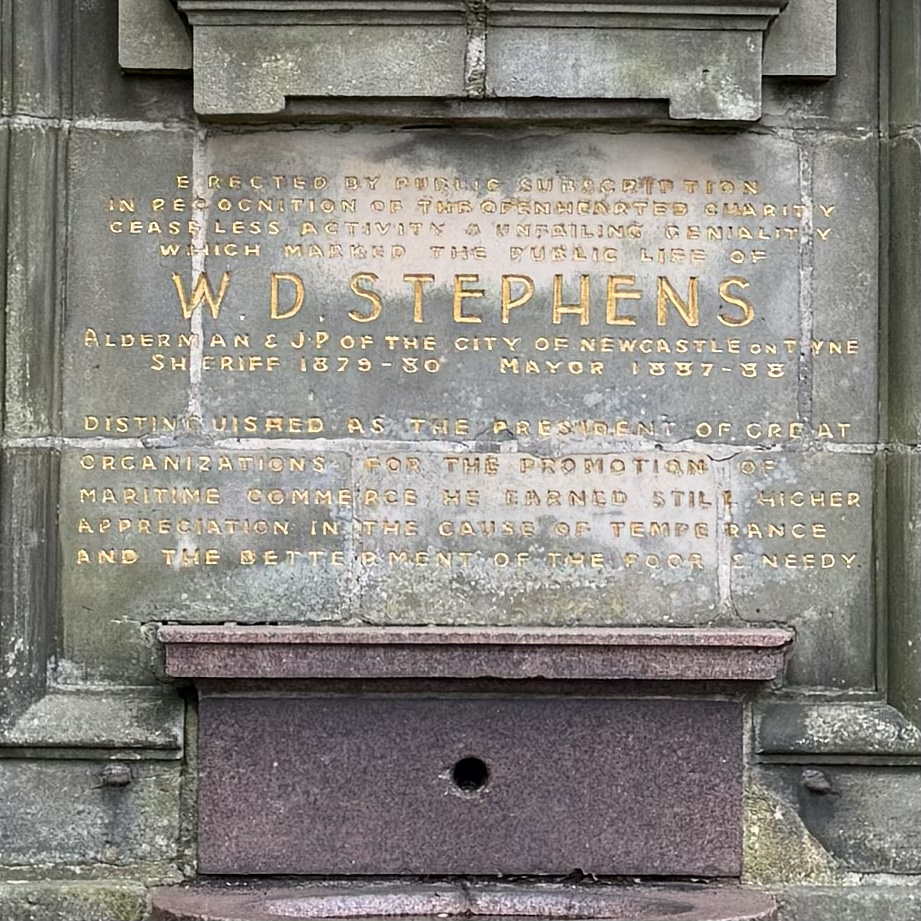Organs, zzz
Yesterday, you might have been taken aback by the appearance of a certain ‘z’ on the WD Stephen’s fountain:

The engraved text refers to ‘great organizations’—but surely we Brits, and especially the fastidious engravers of fountains in the early 1900s, prefer our organisations with the letter ‘s’ in the middle?
The jarring truth is that we don’t: even to this day, Oxford University Press persists with the ‘z’ spelling. The ‘z’ spelling is the more traditional, owing to the etymological root in post-classical Latin organizare. The ‘s’ is a modern affliction. It seems to relate to the French spelling, organiser, though some sources suggest that the switch is attributable to the influence of printers who felt that it looked better on the page alongside all of the other ‘-ise’ endings.
I’m not with the traditionalists on this one: it’s ‘organise’ all the way for me, I’m afraid, even if the World Health Organization disagrees.

While you ponder ‘organisation’, you might wonder—especially if you’re my organist brother—what the word ‘organ’ is doing in there.
Well, the original meaning of ‘organise’—as you might guess—was to accompany with an organ. Someone might be singing, and one might then ‘organize’ the performance by playing along. The modern sense seems to have come about via metaphor: to provide things with a bit of structure and form is metaphorically quite like formalising some singing by ‘organizing’ it.
Perhaps because of my medical background, I had previously assumed that the ’organs’ were bodily organs, but that’s seemingly not the case—even though the two senses of ‘organ’ share a common Latin etymology (organum).
Come to think of it, it’s quite odd that a musical organ is both an ‘organ’ and an ‘instrument’, when ‘organs’ and ‘instruments’ are utterly distinct in the medical world… but perhaps that’s for another day.
The second image in this post was generated by DALL·E 3.
This post was filed under: Miscellaneous, Language, WD Stephens.
